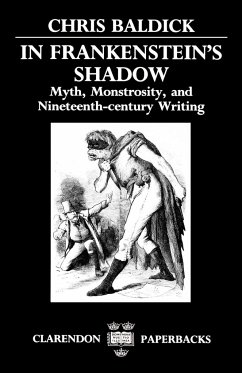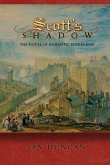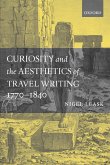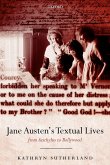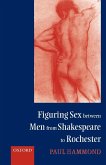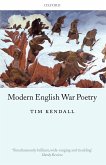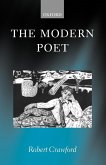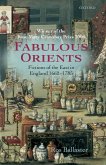This book surveys the early history of one of our most important modern myths: the story of Frankenstein and the monster he created from dismembered corpses, as it appeared in fictional and other writings before its translation to the cinema screen. It examines the range of meanings which Mary Shelley's Frankenstein offers in the light of the political images of 'monstrosity' generated by the French Revolution. Later chapters trace the myth's analogues and protean transformations in subsequent writings, from the tales of Hoffmann and Hawthorne to the novels of Dickens, Melville, Conrad, and Lawrence, taking in the historical and political writings of Carlyle and Marx as well as the science fiction of Stevenson and Wells. The author shows that while the myth did come to be applied metaphorically to technological development, its most powerful associations have centred on relationships between people, in the family, in work, and in politics.
The story of Frankenstein and the monster he created is one of our most important modern myths. This study surveys the history of the myth in literature before the advent of film. First examining the range of meanings generated by Mary Shelley's Frankenstein in light of images of political "monstrosity" produced by the French Revolution, Baldick goes on to trace the protean transformations of the myth in the fiction of Hoffmann, Hawthorne, Dickens, Melville, Conrad, and Lawrence, as well as in the historical and political writings of Carlyle and Marx and the science fiction of Stevenson and Wells. In conclusion, he shows that the myth's most powerful associations have centered on human relationships, the family, work, and politics.
Hinweis: Dieser Artikel kann nur an eine deutsche Lieferadresse ausgeliefert werden.
The story of Frankenstein and the monster he created is one of our most important modern myths. This study surveys the history of the myth in literature before the advent of film. First examining the range of meanings generated by Mary Shelley's Frankenstein in light of images of political "monstrosity" produced by the French Revolution, Baldick goes on to trace the protean transformations of the myth in the fiction of Hoffmann, Hawthorne, Dickens, Melville, Conrad, and Lawrence, as well as in the historical and political writings of Carlyle and Marx and the science fiction of Stevenson and Wells. In conclusion, he shows that the myth's most powerful associations have centered on human relationships, the family, work, and politics.
Hinweis: Dieser Artikel kann nur an eine deutsche Lieferadresse ausgeliefert werden.

